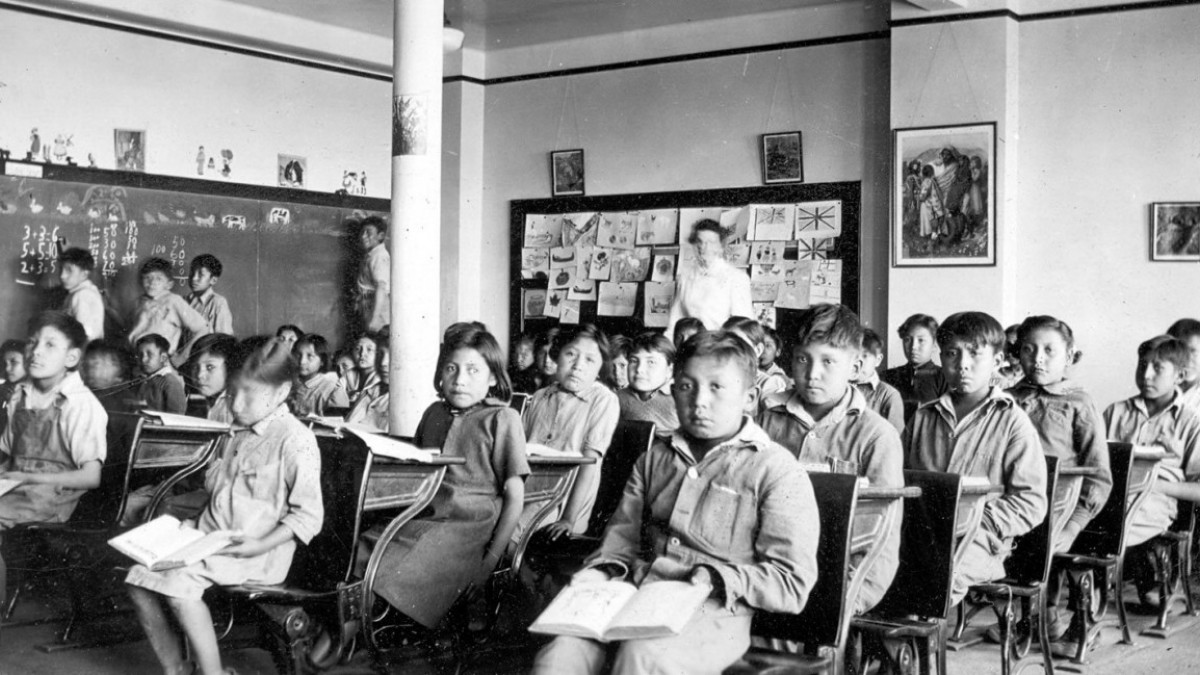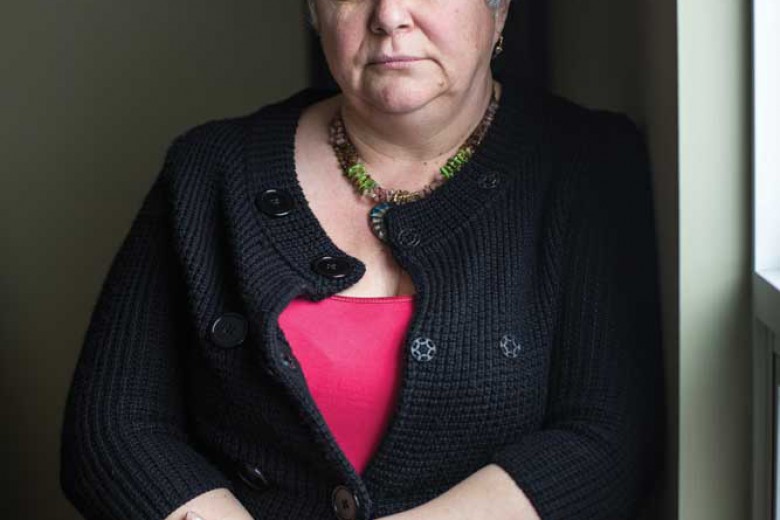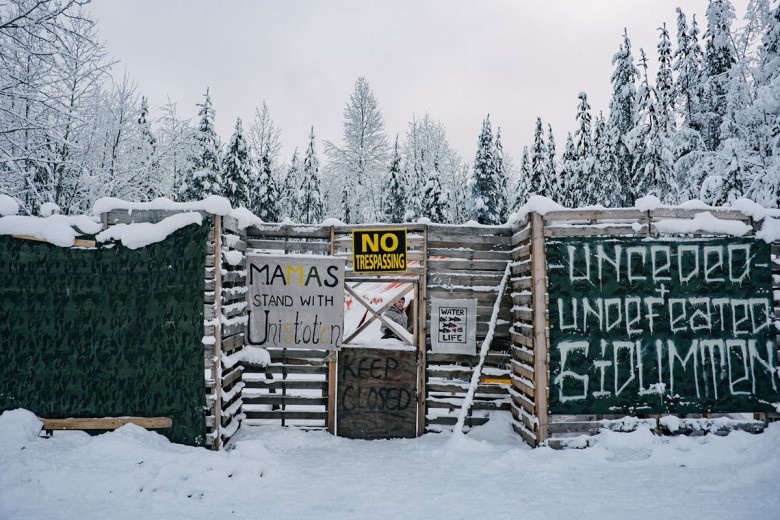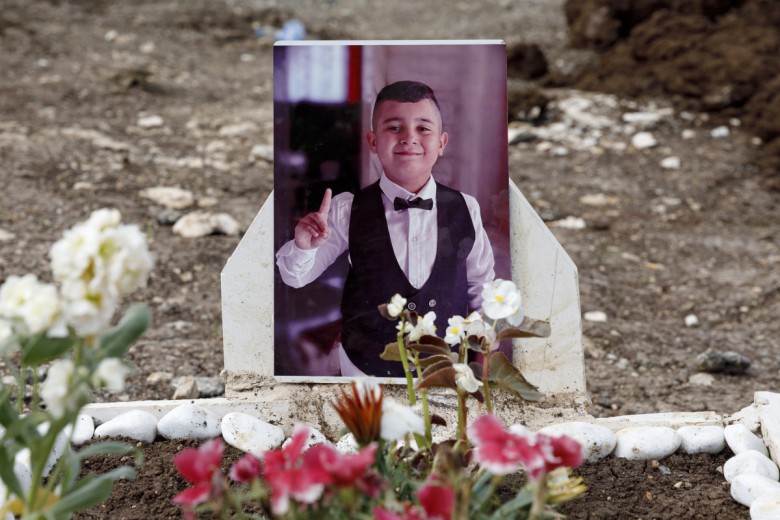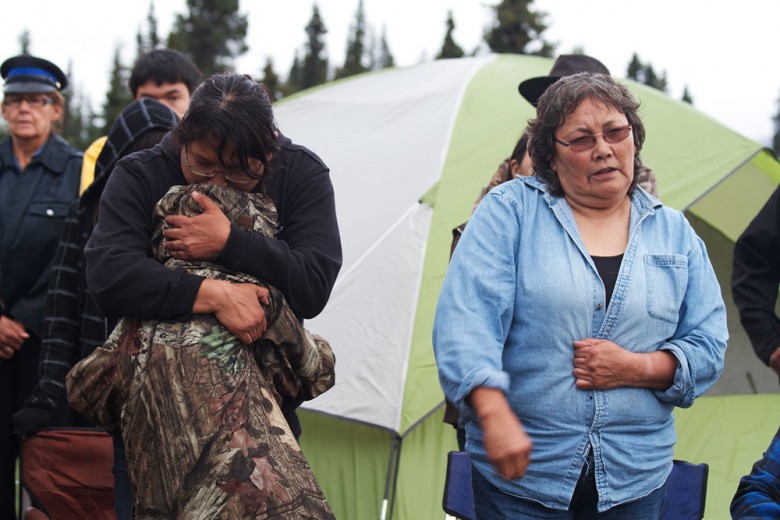With today’s release of the interim report of the Truth and Reconciliation Commission (TRC), Canada again confronts a dark chapter in its relationship with Aboriginal Peoples. We know the truth. The question that remains is how we respond.
Full credit goes to the commission for implementing a respectful and thorough process to reveal that truth. Through the stories of almost 7,000 survivors and the mountains of documentation reviewed by the commission, the deliberate effort at what both the TRC and the Chief Justice of the Supreme Court have identified as Canada’s cultural genocide is laid bare. There is no hiding from that stark truth.
But whether today’s report leads to an honest attempt at reconciliation or the recommendations of the TRC end up on the same shelf as those of the Royal Commission on Aboriginal Peoples will determine Canada’s future. That response is the test of this country’s willingness to change.
First, people must accept the truth. We must, as a whole, acknowledge the ugly intent and the horrific methods by which the policy of assimilation was carried out. Then, we must seek to atone for it, to redress it, to change it completely.
An apology does not suffice. Monetary payments do not suffice. While necessary, these and other actions taken to date are only a beginning.
As the report recommends, there must be education. Canadians must educate themselves about what happened, but they must also educate themselves about why it happened, and what needs to happen in order to undo the damage done. This will need to happen in schools across the country – and the commitment of provincial and territorial governments to include the history of the residential schools in curricula will help with that – but it will also need to happen in the broader culture and psyche. Canadians will need to absorb these lessons in a new way.
Equally important, the federal government must change its approach. Not just in how it perpetuates divisions among Aboriginal Peoples through the Indian Act and reserve system, but in how it blocks progress toward reconciliation in negotiations and in the courts, in how it denies our constitutional rights and diminishes the relevance of the United Nations Declaration on the Rights of Indigenous Peoples. And most of all, the Government of Canada must change in its view that it not only knows what is right for Aboriginal Peoples, but that it will seek to impose that view upon us. That is the attitude that was at the foundation of the residential school system and led to this tragedy.
Here is one example of the change that must come. The organization that I lead, the Congress of Aboriginal Peoples, will conclude a 16-year long battle when we appear before the Supreme Court this October in the Daniels case. All we asked is that Métis and “non-status Indians” be recognized, that the Government of Canada accept its responsibility to deal with us and begin the process of undoing the damage caused by the denial of our rights as Aboriginal Peoples and by its policy of neglect for the welfare of those we represent. Canada has fought us every step of the way. It continues to do so. This is not consistent with a commitment to reconciliation. Canada’s approach seeks to deny our identity and those of over 700,000 Aboriginal people. It is a continuation of the policy of assimilation, an inseparable part of Canada’s attempt at cultural genocide.
In the words of TRC Chair Murray Sinclair, “Imperialism, colonialism and a sense of cultural superiority linger on.” If that reality is to change, the attitudes that led to the residential school tragedy must be abandoned forever and the actions of Canadian governments must realign firmly and consistently with the goal of reconciliation.


